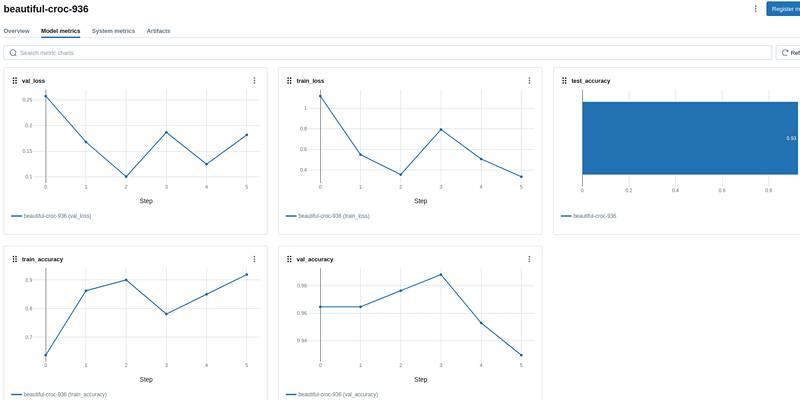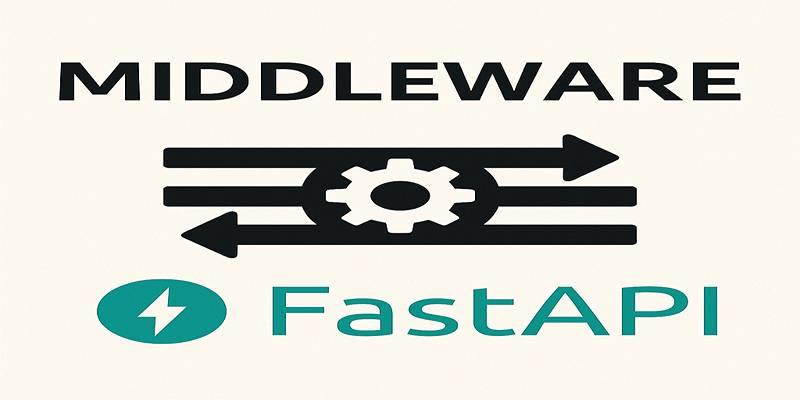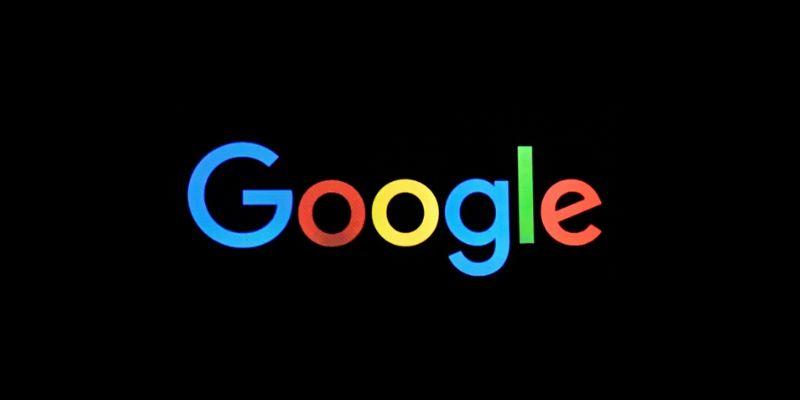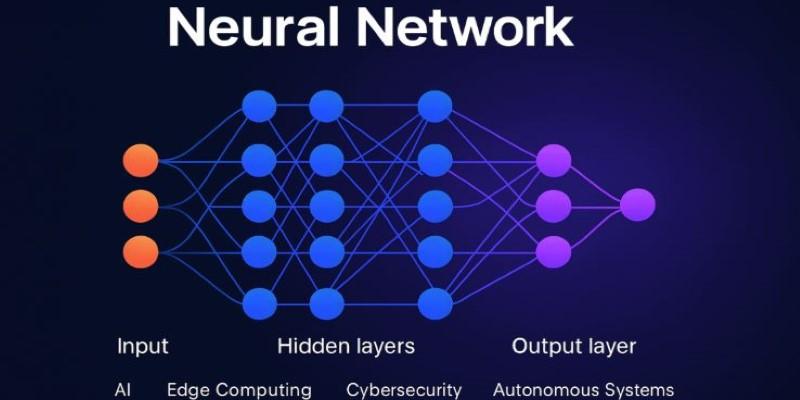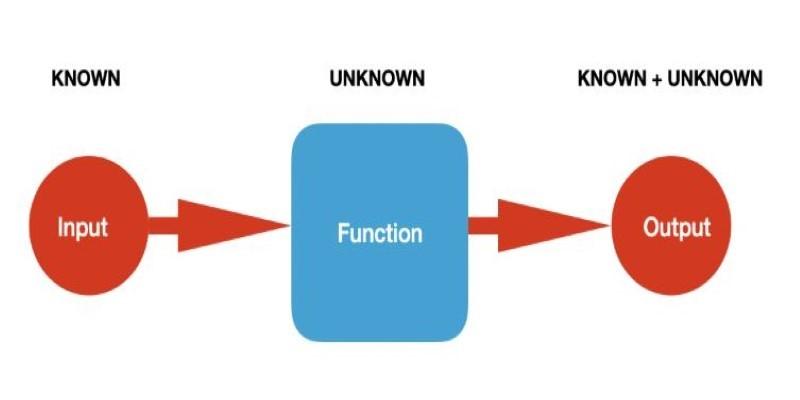Search is changing fast. People are no longer just typing questions into a box and scrolling through ten links. Now, AI search engines can understand the intent behind a question, pull information from multiple sources, and give one direct, conversational answer. That shift changes the rules for how people discover businesses. If you're running a startup, the real question is whether you're showing up in those answers—or being skipped over. AI search isn’t just the future of search, it’s already here, reshaping how customers find you.
The Difference AI Search Makes
Traditional search engines looked for matching keywords and ranked websites based on links and page relevance. AI search is different. It understands meaning, user intent, and context. Instead of offering ten possible links, it generates a response—often drawing from multiple trusted sources. This means your startup doesn’t just need to appear in results. You need to be part of the answer itself.
This shift matters because AI models don’t just prioritize popularity or SEO tricks. They favor clarity, trustworthiness, and relevance. Startups that rely on flashy marketing copy or generic landing pages may fall behind. If your product or service can’t be clearly described by the content you’ve published, AI won’t know how to recommend it.
AI systems also adapt. As they learn from billions of queries and user behavior, their understanding of what constitutes a good answer improves. This creates opportunities for startups that offer honest, detailed, and well-structured information. If you can teach a person what you do, you can teach an AI system—by making your content easy to understand, up to date, and logically organized.
Preparing Your Data and Content
For AI search to find and recommend your startup, the first step is to make your information readable—by both humans and machines. That means writing for clarity, cutting back on buzzwords, and making sure your product descriptions, knowledge base, and support pages are direct and well-written.

Structure matters just as much. AI systems perform better when the content they scan is formatted in a way that reflects how people naturally look for information. FAQs, how-to articles, and product explainers in clear language help position your business as a reliable source. Long, rambling content may confuse both readers and machines.
Equally important is metadata—the tags, titles, headers, and labels you apply to your content. AI uses these signals to understand how one page connects to another. This helps models see the full picture of what your company offers, especially when answers are being constructed from multiple sources.
For startups offering tools or technical products, documentation can play a major role. Many AI answers pull directly from user guides, developer docs, and product FAQs. If that content is hidden behind logins, poorly formatted, or missing entirely, you're not part of the answer.
Shaping Discovery and Customer Experience
AI search doesn’t just change how you’re discovered—it changes how people experience your brand. If someone asks how to solve a problem and your company is suggested in the AI’s answer, that might be the first and only impression they get of you. Your content needs to speak clearly and directly—because you may not get a second chance to explain yourself.
This affects marketing strategy, too. Startups used to focus heavily on page rankings and ads. But now, success depends on how well your content fits into the knowledge base that AI models pull from. Whether it’s through blog posts, case studies, or open documentation, useful and trustworthy content helps you become part of the information ecosystem these models rely on.
You’ll also want to consider how your business shows up within third-party platforms. Many tools and marketplaces now use embedded AI search to help users find products or get help. If your content isn't structured to appear in these systems, it's easier to miss opportunities, even when people are actively searching for what you do.
In this context, building trust becomes as valuable as building traffic. If the AI determines that your content is helpful and reliable, it increases your chances of being included. Misleading claims, unclear pricing, or thin documentation can signal the opposite.
Building Long-Term Readiness
Being ready for AI search is not a one-time project. It’s a mindset shift toward treating your content as a living resource that needs care and attention. As language models evolve and the way people ask questions shifts, your information needs to keep pace.

Startups should treat this like any other product cycle—plan, publish, measure, and improve. Use tools to analyze how your content is performing. Look at what kinds of queries bring people to your pages. Find gaps and fix them. Refresh outdated explanations. It doesn’t take a huge team, but it does take discipline.
Monitoring how you appear in AI search results will become more common. Just as companies now track organic traffic and ad performance, they’ll soon be analyzing how often they’re referenced in generative responses. Over time, third-party tools will likely make this process easier.
Finally, this shift rewards clarity. AI systems are trained on human language, not marketing speak. If your messaging sounds like it was written for a pitch deck, it probably won’t translate well in an AI summary. Speak plainly. Explain what you offer. Answer common questions without overselling. That kind of tone earns trust—from both people and machines.
Conclusion
AI search has already changed how customers find businesses. It doesn’t rely on keywords or rankings in the way search engines once did. It draws from the clearest, most useful, and most trustworthy sources—and builds an answer from them. If your startup wants to be part of that answer, you’ll need to focus less on flashy marketing and more on clarity, structure, and transparency. The businesses that appear in AI search won't be the ones with the most content, but rather the ones with the most helpful content. Now is the time to make yours one of them.




